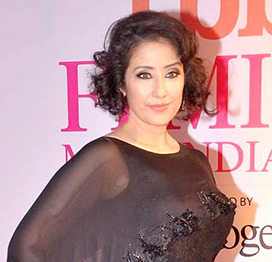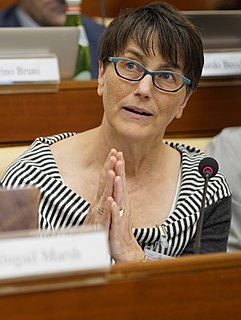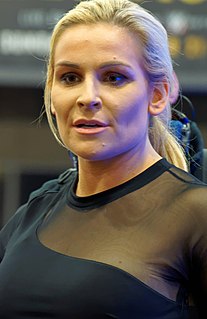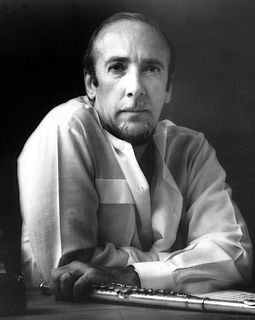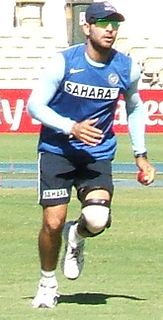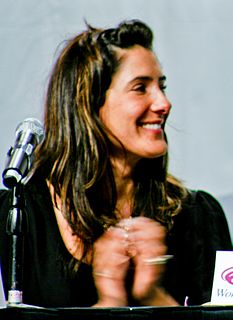A Quote by Suleika Jaouad
There's no denying that cancer is a gloomy subject. We repeat positive phrases to ourselves as a sort of mantra. And while positive thinking alone can't cure cancer, attitude is critical to getting through the process and growing as a person.
Related Quotes
Positive thinking is just one small part of positive psychology. Plus, as an approach to well-being, positive thinking only helps you to the extent that it yields one or more positive emotions. The problem with positive thinking is that it sometimes just stays up "in the head" and fails to drip down to become a fully embodied experience.
My father died of brain cancer in 1991. I do not know anyone whose life has not been touched by the loss of a loved one to cancer. I wrote my book 'Gracefully Gone' about my father's fight and my struggle growing up with an ill parent. I wrote it to help others know they are not alone in this all-too-often insurmountable war against cancer.



